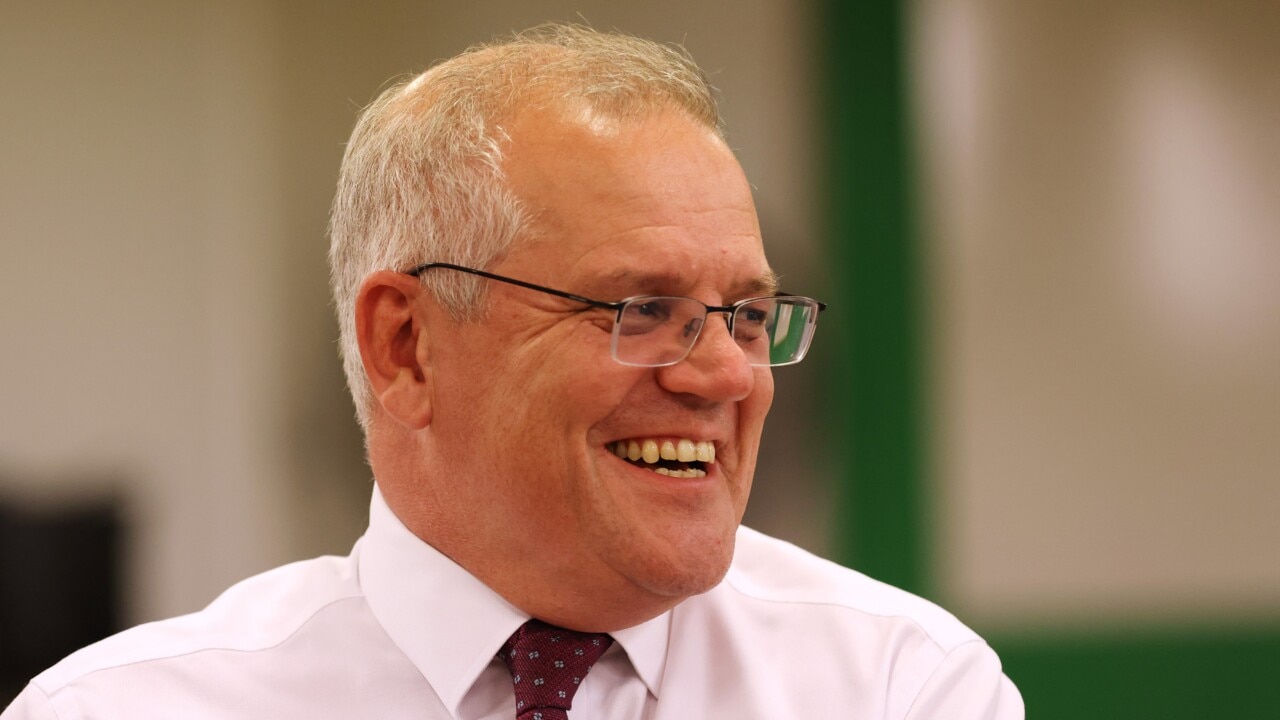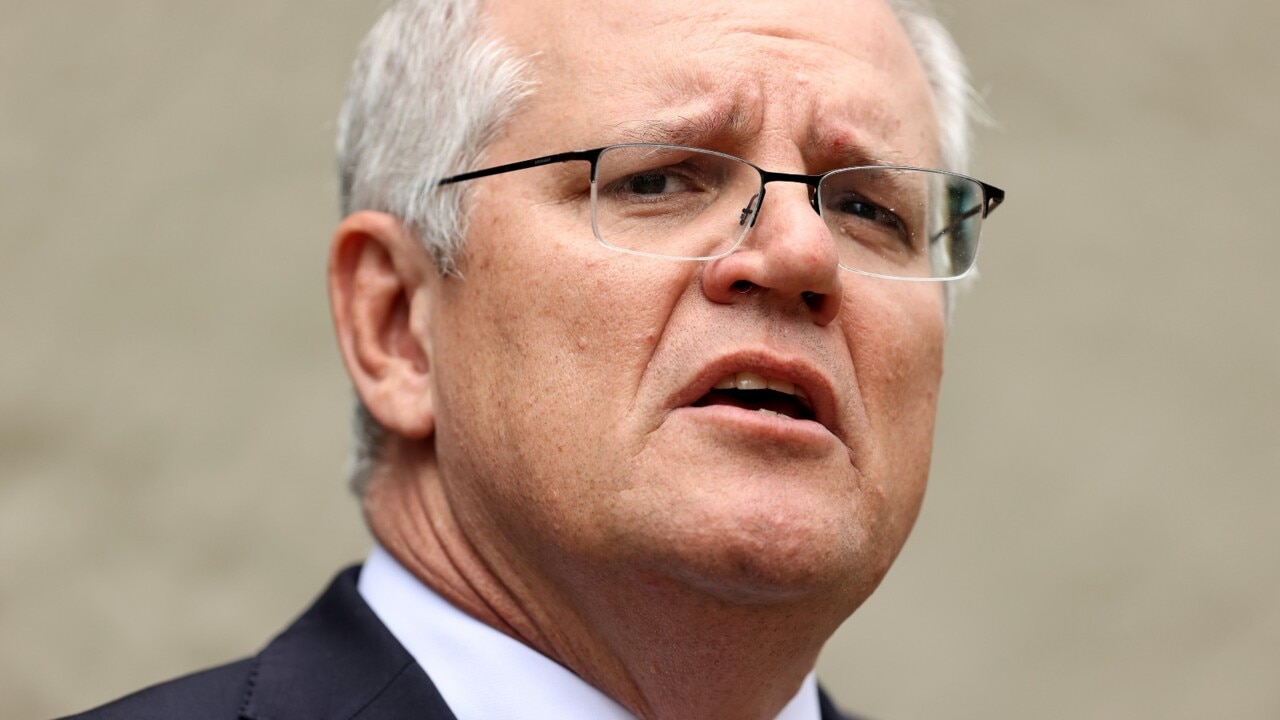History delivers mixed verdict on Scott Morrison’s prime ministership


Many factors influence how we rate and rank our prime ministers, and the partisan appraisals of true believers will lean one way or another. As a biographer of three prime ministers, with a fourth and fifth on the way, I have wrestled with how to judge political leaders and their time in office.

There are several indicators that provide clues to history’s ultimate verdict on Morrison.
Morrison is the longest-serving prime minister since John Howard. Longevity in office is an important marker. He is the 12th-longest-serving out of 31, sandwiched between Paul Keating and John Curtin. By resigning on the Monday after the last election rather than the Sunday, Morrison surpassed Curtin for time in office by one day.
He led the Coalition to an unlikely election victory in May 2019, which he termed a miracle. No prime minister since Howard has won more than one election. Julia Gillard in August 2010 and Malcolm Turnbull in July 2016 only barely got their governments over the line. So Morrison ranks with many single-election winners in recent decades.
It is too simplistic to argue Morrison was gifted the 2019 victory by Bill Shorten. Labor was a big target with too many policies, vulnerable to a scare campaign, with untested leadership. But it was – like Keating’s March 1993 victory against the odds – earned. It was about two different visions for Australia and two styles of leadership, and Morrison was the superior campaigner.
Popularity is another measure of performance. Morrison’s approval rating reached a stunning 68 per cent in Newspoll during 2020. This is higher than Howard’s peak of 66 per cent. How voters evaluate a prime minister in office matters but in the long run it is not as important as respect. Morrison’s popularity, like Kevin Rudd’s, was not sustained and fell quickly.
Responding to unforeseen challenges is the biggest test prime ministers face. Voters initially thought Morrison handled the pandemic well. But many changed their view amid the slow vaccine rollout, lockdowns, mask mandates and social distancing rules. But JobKeeper saved about 800,000 jobs and thousands of businesses, and our overall health outcomes compare favourably with other countries.

Prime ministers are also assessed on initiative. Morrison engineered the trilateral defence pact, AUKUS, although nuclear-powered submarines are a long way from delivery and far from guaranteed. He muscled up to an assertive China, defending the rules-based international order, but our farmers paid a big price with trade sanctions. Morrison delivered a free-trade agreement with the UK. And he supported Ukraine against Russia’s invasion.
Cabinet and party management also matter. Secretly organising to be sworn into multiple ministries was a significant breach of Westminster convention and Morrison will be judged very harshly for this. They should have been disclosed to parliament and to his ministerial colleagues, and gazetted. Transparency, accountability and responsibility are bedrock democratic principles, and he breached them all.
There were other errors, false starts and missed opportunities. Howard said the previous government “baulked at major economic reform”. He thought it was a mistake not to seek to legislate its national integrity commission and resolve differences over its Religious Discrimination Bill. And he thought the Morrison government failed at the last election to present “a clear policy manifesto for the future”.
The holiday to Hawaii as Australia was gripped by summer bushfires in 2019 is another blunder but it is often forgotten that Morrison recovered his poll slump during the pandemic. Still, the images of Morrison forcing Australians to shake his hand remain seared into public memory. The trainwreck that was Robodebt remains a black mark. He did get the Coalition to adopt a net-zero emissions target by 2050 but the path was long and tortuous.

The response to the alleged rape of Brittany Higgins could have been handled much better. Morrison seemed to have a problem identifying with women, empathising with them and being responsive to calls for better standards of public behaviour. Howard thought Morrison’s attack on Australia Post chief executive Christine Holgate was appalling.
All prime ministers have a shelf life. What can be perceived as a strength – being “a bulldozer” – can become a weakness.
The assault on Morrison’s character cannot be ignored. Emmanuel Macron called him a liar; Turnbull said Morrison lied all the time. Some of his colleagues, as revealed in ABC documentary series Nemesis, never trusted him.
A child actor, many found his suburban daggy dad, rugby league-loving baseball cap-wearing persona, and “ScoMo” nickname, to be confected, and his bemused smirk to signal inauthenticity. It was a marketing ploy, they charged. For others, perhaps “the quiet Australians”, this image resonated. Having lived in his Sydney electorate of Cook for most of my voting life I can testify to Morrison being a popular local MP.

The May 2022 election defeat will weigh heavily on Morrison’s historical standing. But no prime minister since Robert Menzies has departed at a time of their own choosing. Morrison was ultimately rejected by the voters, but he never lost the support of his party room, like Turnbull and Tony Abbott, and he held his seat, unlike Howard.
The loss of safe Liberal seats to Labor, the Greens and teals has left Peter Dutton with a seat haul almost impossible to regain in one term. These defeats in heartland seats, some stretching back to the Menzies era, present a longer-term challenge about what the Liberal Party stands for and who it represents.
It faces an existential crisis. This is also part of Morrison’s legacy.
Troy Bramston is the biographer of Robert Menzies, Bob Hawke and Paul Keating, and is currently writing a biography of Gough Whitlam, to be published by HarperCollins Australia in 2025.



As Scott Morrison resigns from parliament this week, it is too early to offer a definitive assessment of his prime ministership, which will be shaped by the longer-term impact of his policies, how his successors perform, verdicts on his recent predecessors and how he conducts himself as the newest member of Australia’s ex-PMs club.